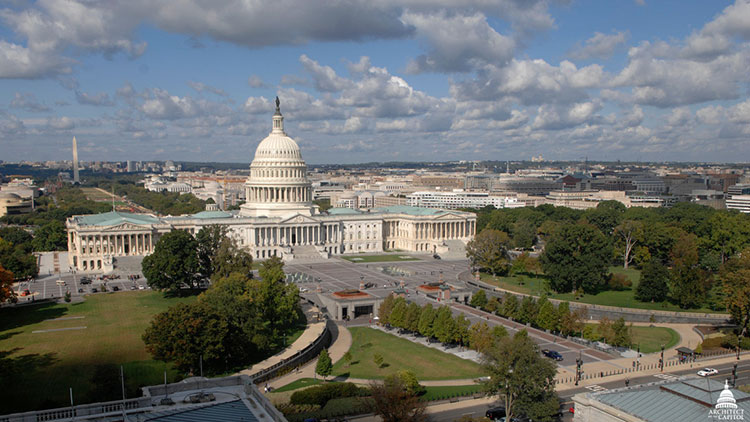IAB: Election-Meddling Issue is Mostly Not About Traditional Ads

The smarter way to stay on top of broadcasting and cable industry. Sign up below
You are now subscribed
Your newsletter sign-up was successful
The Interactive Advertising Bureau plans to tell Congress that while it understands and supports Congress' desire for more transparency and disclosure in online political advertising to remedy Russian election meddling, self-regulation is still the best medicine, though the IAB suggests the foreign influence in the past election was mostly not about traditional political advertising.
That is according to the written testimony of IAB President Randall Rothenberg for an Oct. 24 hearing in the House Oversight and Government Reform Committee.
"We strongly support efforts by this Congress and the Federal Election Commission to clarify, reconcile and strengthen the disclosures required of political parties, candidates, and campaigns," he says. Rothenberg in January lit into the online ad industry over 'fake news,' saying it needed to rid the supply chain of "poisonous falsehoods."
But he also talks about the " untidy world of advertising and media" and suggests that self-regulation must be the basis of any "real, durable reform," which means "tougher, tighter controls for who is putting what on--and underneath--its sites.
The Oct. 24 hearing is focused on the Federal Election Commission and how to deal with online advertising, but Rothenberg points out that since 1971, there has been a mandate for disclaimers on all political ads that expressly advocate for against a candidate.
The grey area is certain small ads, and IAB supports clarifying and tightening those disclosures--click through or hover-over disclaimers, for instance. But much of the foreign influence in the last election appeared not to be from traditional political ads, put paid-for, or not even paid for, social media posts that included "commentary, and even outright falsehoods, about social conditions and political debates."
House Bill Would Create Online Political Ads Public File
The smarter way to stay on top of broadcasting and cable industry. Sign up below
Such social media advertising is well outside the scope of federal campaign disclosure rules. "As much as we might dislike it, propaganda is protected speech," he says, "because from Tom Paine to Martin Luther King, we have understood that one American’s propaganda is another's principled faith."
That is one challenge of extending online ad disclosure rules, he said. Another is that a lot of the ads are programmatic--placed by automated systems via third-party tech companies. FEC regs traditionally target a published, like a newspaper or TV net, that sell the ads, vet them and run them, while the Web world is a cobbled-together assemblage of audio, video, sponsored links, native ads, commentary and branded content from multiple sources, with only a small percentage directly sold by publishers.
"Legislative proposals that would require web sites to field expensive disclosure mechanisms create expensive burdens on struggling news organizations," he tells Congress, "yet would barely capture the bulk of the illicit [programmatic] political advertising."
So, while the IAB supports stronger self-regulation to prevent not only bad ads on good sites, but good ads on sites adjacent to ISIS recruiting videos--which includes preventing foreign interference in U.S. elections, "robust political speech--no matter who is paying for it, no matter how controversial it is, no matter who may be offering it--is the essence of American Democracy, and must not be stifled.
Contributing editor John Eggerton has been an editor and/or writer on media regulation, legislation and policy for over four decades, including covering the FCC, FTC, Congress, the major media trade associations, and the federal courts. In addition to Multichannel News and Broadcasting + Cable, his work has appeared in Radio World, TV Technology, TV Fax, This Week in Consumer Electronics, Variety and the Encyclopedia Britannica.

